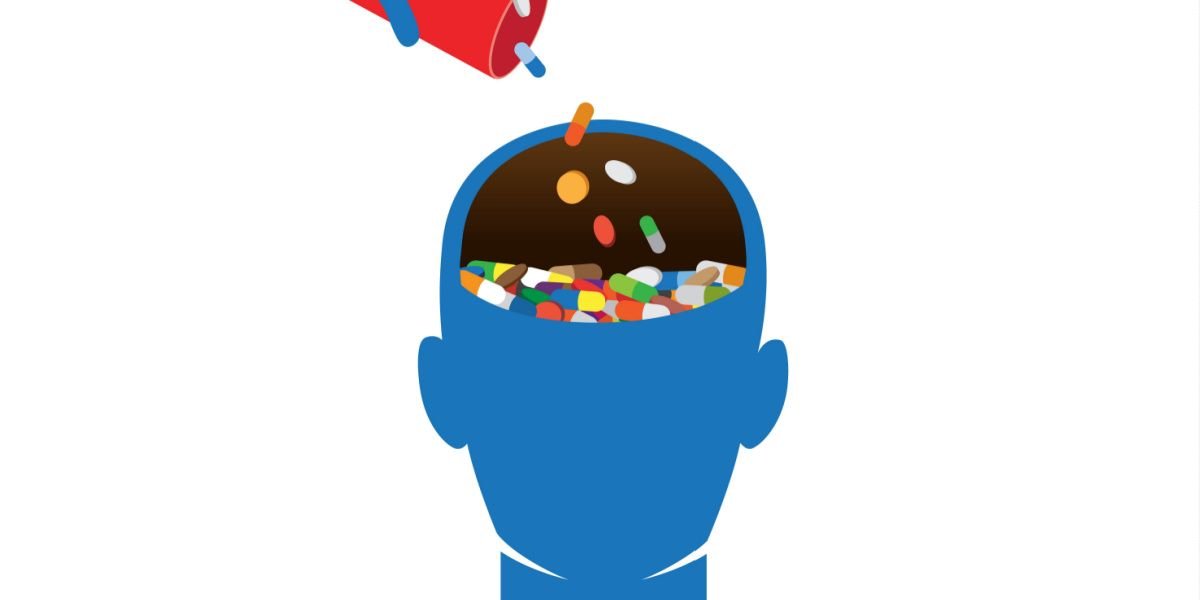Porn consumption is common and may be unlikely to cause harm with moderated use. However, excessive porn use can lead to the development of porn addiction, which can have many detrimental effects on life such as professional and financial difficulties, reduced sexual functioning and enjoyment, and increased mental health issues. These effects can even become more pronounced in adolescents whose brains are still developing, contributing to an increased risk of substance abuse, impaired cognitive development, and risky sexual behaviors.
It may be necessary to seek professional treatment if porn addiction is beginning to cause harmful effects.
- Porn addiction can have many harmful effects on adults in areas such as quality of life, functioning, and interpersonal relationships.
- Porn addiction in adolescents can cause many of the same issues, as well as negative effects on brain development such as cognition, emotion regulation, and impulse control.
- Many treatments are available to help overcome porn addiction, including therapy, support groups, and self-care techniques.

Detrimental effects of porn addiction
Porn addiction can have harmful effects in various areas of a person’s life and the people around them. This can include issues within relationships, professional functioning, maintaining personal well-being, and finances. Recognizing the signs of porn addiction and its potential consequences can help people decide to reduce or stop porn use.
The impact of porn addiction may be even greater when experienced in adolescence, as this is a time of significant cognitive and personality development and gaining an understanding of social and sexual behaviors and norms. [1]
Overcoming porn addiction can be a challenging process and may take time and require various interventions. People can become addicted to porn for several reasons and may have a predisposition to addictive behaviors which can make overcoming these behaviors more difficult. [2]
Why is porn addiction bad?
Porn addiction involves the compulsive and excessive use of pornography, which can have many harmful effects. As with any addiction, porn addiction can cause psychological and neurological changes, which impact how an individual functions in their daily life, relationships, and behaviors. [3][4]
Studies show that people with porn addiction are more likely to experience mental health issues, other addictions such as substance use disorders, and an impaired ability to form and maintain relationships. [3]
Negative effects of porn addiction on adults
Behavioral and neurological changes
Excessive porn use can contribute to changes in brain activity, particularly dopamine levels, which are linked to the brain’s reward circuit. These effects cause individuals to become less able to feel pleasure and interest in previously enjoyable activities. The brain becomes desensitized to pleasure that is not obtained through the use of porn, thus causing the individual to focus on this activity. [3][5]
These changes can also lead to increased agitation, irritability, and frustration, particularly when the individual cannot access porn, which may be considered withdrawal symptoms. These effects can cause consequences in several areas of life, including relationships and professional functioning, and may have legal repercussions. [6][7]
Relationship issues
Porn addiction can cause reduced emotional and physical intimacy in romantic relationships due to many reasons. For example, partners may feel that the use of porn is infidelity or betrayal, causing a decline in trust, particularly if the individual is lying about or hiding their porn use. [2][6]
Additionally, partners might feel that they are no longer desired or respected by the individual with a porn addiction, causing negative feelings and increased emotional distance. The individual might spend less time and effort on the relationship, instead focusing on their porn use, causing their partner to feel neglected. [8][9]
Sexual issues
People with a porn addiction are likely to experience various issues with sexual functioning. For example, people may be only able to become aroused by pornography, becoming desensitized to real-life circumstances due to altered dopamine levels. This can mean that they are unable to feel sexually attracted to their partner, and may experience erectile dysfunction and an inability to orgasm. [3][6]
These effects can affect the experience of both partners, reducing sexual and emotional intimacy. This can reinforce the idea that real-life sexual experiences are unsatisfying and cause increasing issues with physical and sexual relationships. [3]
Mental health issues
Studies show that porn addiction is significantly linked to mental health issues, including depression and anxiety symptoms. These issues are thought to be caused or worsened by porn addiction due to changes in neurotransmitter activity, feelings of guilt and shame, and withdrawal symptoms. [3][7]
Additionally, excessive porn use can increase social isolation, further impacting mental well-being and reducing feelings of self-worth and confidence. In some cases, people use porn as a coping strategy for mental health issues. As porn use increases, mental health issues increase, thereby worsening one another. [3][6]
Neglected responsibilities
As the effects of porn addiction worsen, the individual may become less able or willing to focus on other aspects of their life, spending most of their time using or thinking about using porn. This can mean they neglect their responsibilities and commitments, such as family obligations, professional performance and relationships, and aspects of self-care. [6][9]
This can lead to worsening mental well-being and quality of life, which can contribute to an increase in porn use as a means to cope with these effects, further contributing to impaired functioning.
The effect of porn addiction on adolescents and young people
Neurological development
As is the case with adults, adolescents also experience neurological changes with the development of porn addiction, particularly regarding dopamine levels. However, the brain is still developing during adolescence so these effects can have a more significant impact. [4]
For example, the prefrontal cortex, the area of the brain responsible for cognition and behavior control, continues to develop until the age of 20. Excessive porn use before 20 can impact the development of the prefrontal cortex, negatively impacting a person’s problem-solving and decision-making skills, and potentially increasing the likelihood of harmful behaviors. [10]
Mental health issues
Adolescent brain development also involves building resilience to stress and coping abilities. Individuals have not yet developed the necessary skills to understand or manage emotional regulation at this age, which is when many mental health symptoms begin to emerge. Mental health issues may increase the likelihood of using porn as a way to cope with emotional distress. [11]
As with adults, porn addiction is linked to the onset or worsening of mental health issues such as depression and anxiety. With undeveloped abilities to regulate emotions, adolescents may be more likely to develop severe mental health issues with excessive porn use. [3][11]
Risk of further addictive behaviors
The neurological changes that occur in the adolescent brain with porn addiction development also contribute to an increased risk of other addictive behaviors. This can be related to the change in dopamine activity in the brain’s reward circuit, contributing to individuals seeking pleasure from behaviors such as substance abuse. [3][9]
Additionally, adolescents may be likely to turn to substance use and other addictive behaviors as a way to cope with feelings of shame or guilt associated with porn addiction or to manage mental health symptoms that emerge or worsen with this addiction. [9]
Understanding normal and safe sexual activity
Exposure to excessive pornographic content can distort how an adolescent learns about sexual experiences. They can be easily influenced by porn and imitate the sexual activity that they witness, potentially increasing the risk of engaging in unsafe or risky sexual behaviors, including unprotected sex, underage sex, and potentially dangerous sexual acts. [1][10]
Teens may develop a view that ‘normal’ sexual interactions are similar to those seen in pornography. This can cause desensitization, leading to a desire for deviant sexual activity with others. The consequence of this might be an increased risk of exploitation, sexual dissatisfaction, and causing harm to others during sex. [1][10]
Seeking treatment for pornography addiction
Overcoming porn addiction can be difficult and it might be beneficial to seek professional support. Various treatments that can improve recovery outcomes of porn addiction are available, including: [2][12]
- Therapy: Many types of therapy can help treat symptoms of porn addiction and co-existing conditions, including cognitive behavioral therapy (CBT), motivational interviewing, and couple’s therapy.
- Support groups: Support groups can help by providing a space to discuss experiences, share and give advice, and reduce feelings of shame and loneliness.
- Holistic approaches: Various holistic therapies and interventions can help reduce addictive behaviors, including physical exercise, creative therapies, mindfulness and meditation, and nutritional education.
- Medication: Although there are no approved medications to treat porn addiction, some medications might be beneficial in managing underlying symptoms that contribute to addictive behaviors. For example, antidepressants and anxiolytics can reduce symptoms relating to depression and anxiety.



-guide-detail.jpg?v=1722503025)
